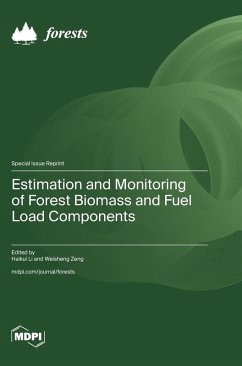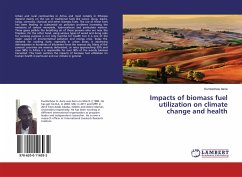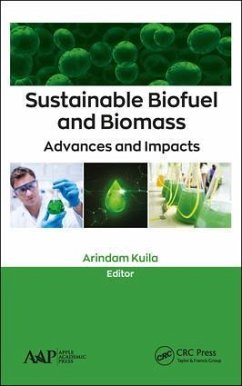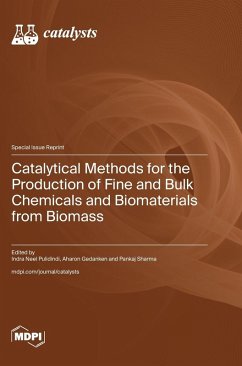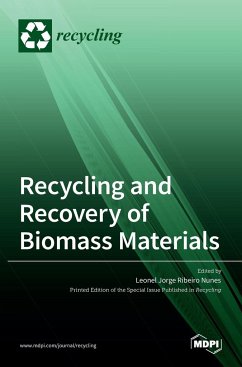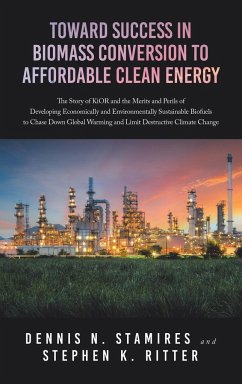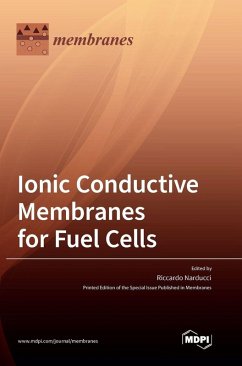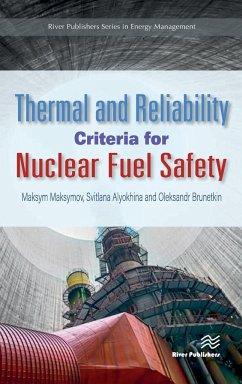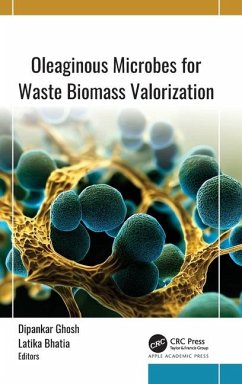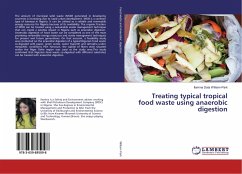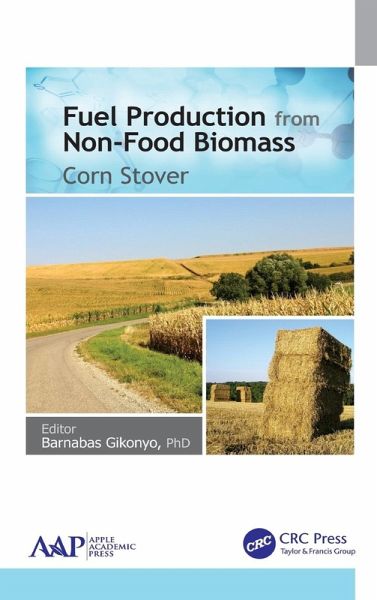
Fuel Production from Non-Food Biomass
Corn Stover
Herausgeber: Gikonyo, Barnabas
Versandkostenfrei!
Versandfertig in 1-2 Wochen
163,99 €
inkl. MwSt.

PAYBACK Punkte
82 °P sammeln!
This title includes a number of Open Access chapters. The practice of converting corn to ethanol is controversial, with debates currently being raged in both public policy and science. While biofuels from corn have important implications in alleviating some of the global energy crisis, critics argue that it takes away from vital agricultural products needed to feed the world's growing population. The current volume maintains there is a third way, a method of producing biofuel that only uses biomass that is left behind after all agricultural and nutritional products have been harvested from cor...
This title includes a number of Open Access chapters. The practice of converting corn to ethanol is controversial, with debates currently being raged in both public policy and science. While biofuels from corn have important implications in alleviating some of the global energy crisis, critics argue that it takes away from vital agricultural products needed to feed the world's growing population. The current volume maintains there is a third way, a method of producing biofuel that only uses biomass that is left behind after all agricultural and nutritional products have been harvested from corn. This biomass is referred to as corn stover. The book serves as an important introduction to this method of producing biofuels from agricultural waste. Edited by a professor from the State University of New York, Geneseo, this reference is important not only for research scientists, but for students and public policy makers who wish to learn more about this alternative method of producing ethanol from corn. The sections found in Fuel Production from Non-Food Biomass: Corn Stover describe the following topics: An overview of why corn stover is a good alternative use of power The technology that makes this process possible on various scales Considerations for policy formation, including economic, land-use, and environmental arguments for and against using corn stover as a biofuel Although controversy still exists about the use of corn stover-with some critics saying that it will cause food shortages, particularly for developing nations-the research in this book focuses on using corn's already existing, non-food biomass and argues that food and biofuel could potentially be produced from the same fields.



